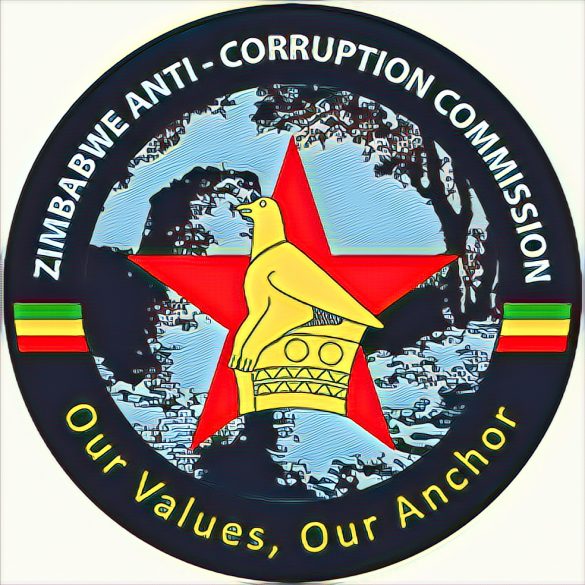Zimbabwe’s anti-corruption commission (ZACC) has dismissed allegations that it is reluctant to investigate individuals and businesses linked to high-ranking public officials.
Simiso Mlevu, the spokesperson for ZACC, said the commission was not afraid of probing anyone suspected of corruption, regardless of their political or economic influence.
“We have people in power who have been investigated so I do not know why ZACC would be afraid of investigating those close to people with power,” Mlevu said at a workshop on social accountability in Kadoma, a town in central Zimbabwe.
According to a report by New Zimbabwe, Mlevu urged ordinary citizens to report any cases of corruption they witnessed and to follow up on the status of their complaints.
“You are allowed to come to ZACC and make a report and follow-ups with that case. We have a legal department that should be giving you updates about the status of your case,” she said. Mlevu also explained that some cases did not qualify as corruption and advised the public to seek other avenues of redress.
A Struggle Against Graft
Zimbabwe is ranked 157 out of 180 countries on Transparency International’s Corruption Perceptions Index, with a score of 23 out of 100, indicating a high level of corruption. The country is estimated to lose about US$1.8 billion each year to graft, according to the government.
Many Zimbabweans believe that a cartel of powerful individuals and entities connected to the ruling Zanu PF party and the government is behind the massive looting of the country’s resources.
Several investigations by local and international media have exposed how minerals such as lithium, gold, and diamonds are being smuggled out of the country through sophisticated networks of illicit financial flows. Despite ZACC’s efforts to curb corruption, the commission has faced criticism for its low conviction rate and its perceived selective application of the law.
In 2022, the commission dealt with 681 corruption cases, forwarded 134 cases to the National Prosecuting Authority (NPA), but only recorded 23 convictions.
A similar trend was observed in 2023.
Some lawmakers have questioned whether the failure to secure more convictions was due to the lack of investigative skills or the inadequate resources of ZACC’s officers.
A Hope for Change
ZACC was established in 2019 as an independent body to combat corruption and promote good governance in Zimbabwe. The commission has nine commissioners appointed by the president from a list of candidates nominated by a parliamentary committee. It has also embarked on various initiatives to raise awareness and educate the public on the dangers and effects of corruption.
ZACC’s spokesperson said the commission was hopeful that its efforts would contribute to the economic and social development of the country and the well-being of its citizens.
“We believe that a corruption-free Zimbabwe is possible and we are determined to make it a reality,” she said.


